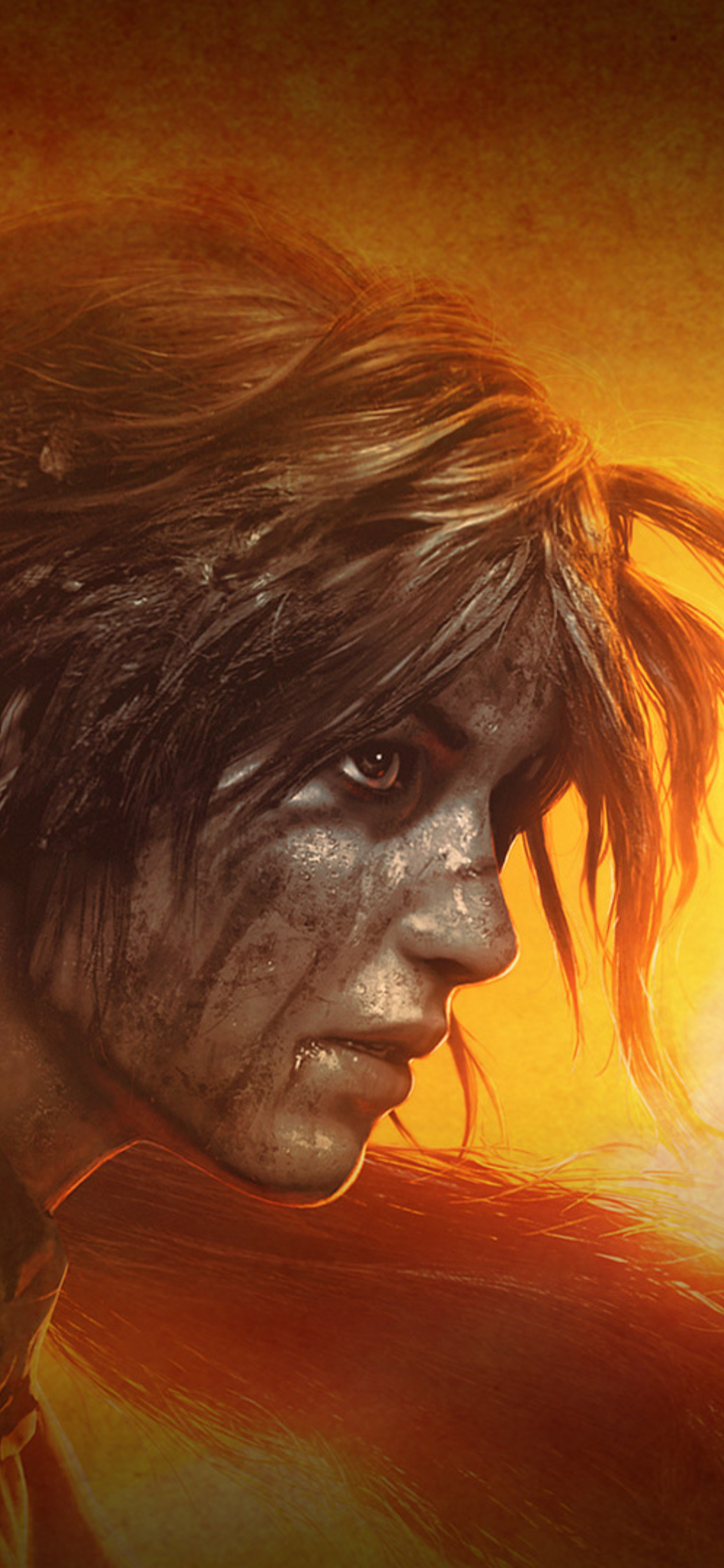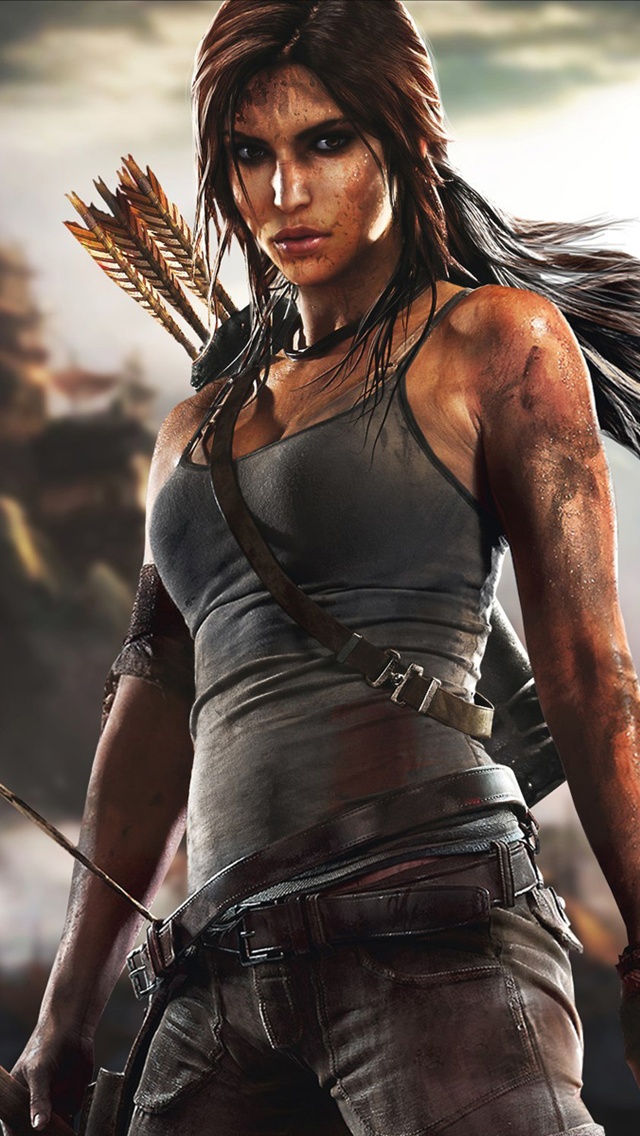
GamesBeat: Are there other reasons you didn’t want to go that route? You seem to have set it up with some deliberate intent that she doesn’t become that sort of character here.

Very early in the game, she’s brought to confront the reality that she may have personally set off a world-ending apocalypse. GamesBeat: Even though she’s at the peak of her abilities, she’s not necessarily the swaggering type. Obviously we still have the big set-piece moments, but the way the characters arrive at them is true to their relationships and their motivations, waxing and waning and everything that happens between them. We have a lot of freedom to look at what’s already been done and take on maybe some of the kind of storytelling that wasn’t available in previous games, where they were trying to set everything up. Murray: This being the third game, there’s already a very solid foundation established. I don’t know how far along in this change or transition she is now. GamesBeat: Is there a particular direction you wanted to take her in the writing this time? The first game could be described as a coming-of-age story. Her decisions have much greater impact, and this time, a world-ending impact. With the more power that she has, she’s more capable now. Johnston: That’s what she’s beginning to understand. GamesBeat: In playing through this episode here, it reminded me of the old Spider-Man line about power and responsibility. Jill Murray: For this game specifically, I’d say “conflicted.” We also see her at the end of this trilogy, at the height of her power, realizing that she’s just at the beginning of her journey as far as what she can learn.

She’s wanting to stop Trinity, the organization responsible for killing her father, as well as this world-ending apocalypse she kicked off. Other words like “obsessed” and “driven” are ones we use quite frequently. In this game, this is the most capable and calculating Lara players have ever seen in the modern version of the series. In Rise of the Tomb Raider she became more proactive. In Tomb Raider 2013 she was thrown into this situation where she was being very reactive. Johnston: She’s definitely less vulnerable than she’s ever been. GamesBeat: What are some words you’d use to describe her now, in the third game, versus where she’s been?

We’re going to show players, through Lara’s eyes, what it means to become the Tomb Raider. That’s part of what this game is all about. “Tomb Raider” is kind of an abstract term. Modern, relatable version of what the Tomb Raider is. What’s important to recognize is this is our modern, relatable origin story that we started with Tomb Raider 2013. We can expect a similar style of finish with Shadow of the Tomb Raider, where she’ll become a Is there a transition here, where we get from one to the other? Whereabouts are we in that transition?Ĭhris Johnston: There are two very different canons we’re talking about. GamesBeat: One thing that’s interesting to me - the rebooted Lara in Tomb Raider was much more vulnerable, less cocky, I guess more likable? Where she winds up in things like the movies is pretty cocky and maybe less likable.


 0 kommentar(er)
0 kommentar(er)
